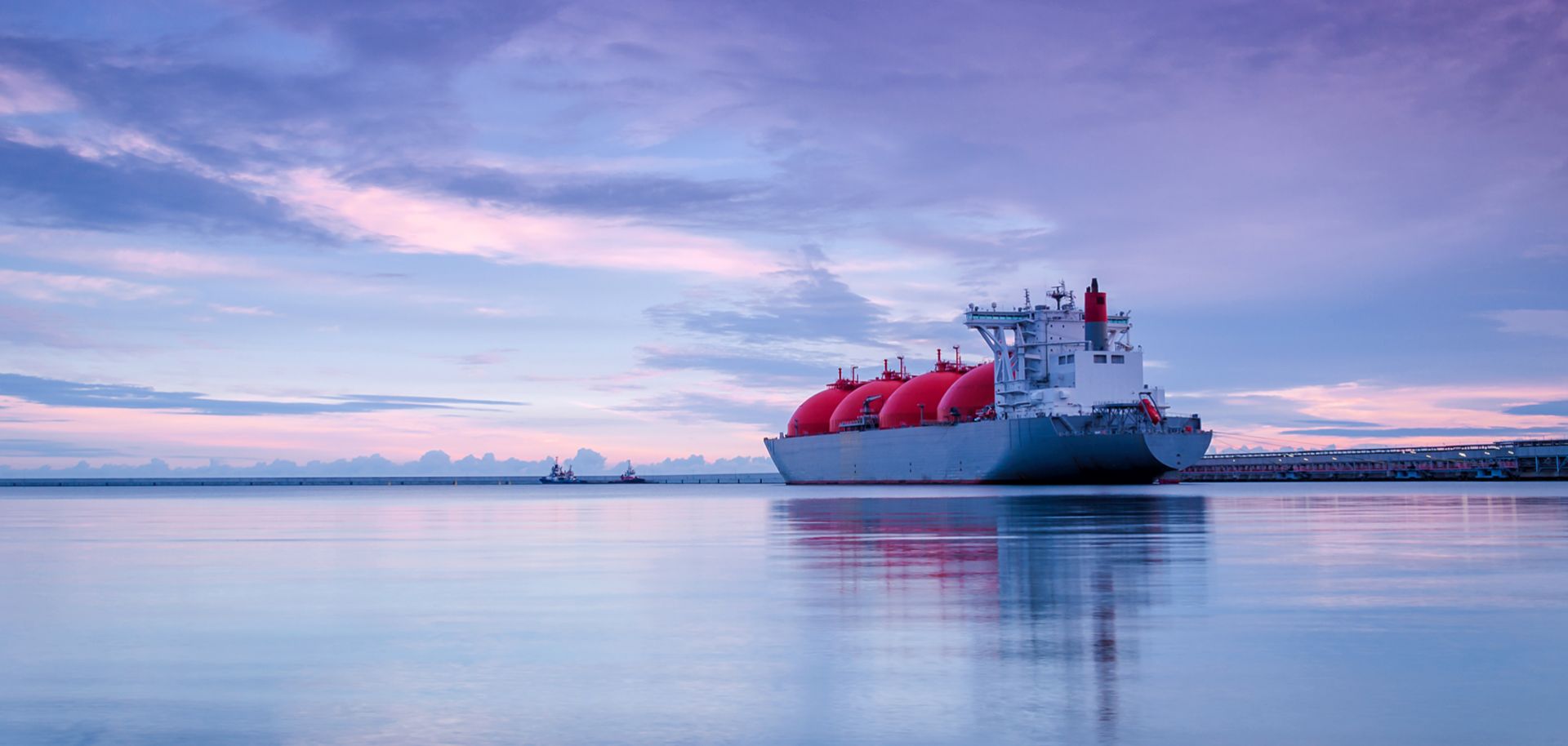ASSESSMENTS
Pakistan Strives to Switch to Natural Gas
Oct 2, 2019 | 09:00 GMT

The sun rises over an LNG terminal at sea. Pakistan is hungry for LNG imports, but a variety of issues could cause some investors to hesitate.
(WOJCIECH WRZESIEN/Shutterstock)
Highlights
- Pakistan will continue to shift its economy from oil to natural gas, a cleaner and less expensive option.
- The government's wide-ranging campaign against graft, and other problems like debt and energy bottlenecks, will likely complicate future Pakistani LNG terminal projects.
- Nevertheless, its energy transition will drive demand for increased LNG imports, creating investment opportunities.
Subscribe Now
SubscribeAlready have an account?
